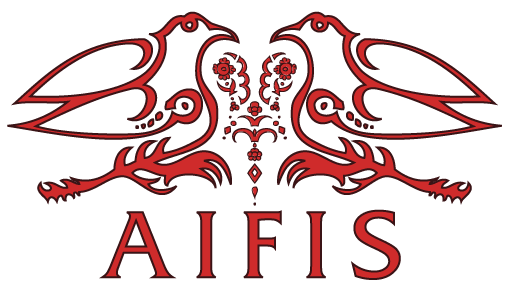The East-West Center (EWC) is partnering with the Association for Asian Studies (AAS) to build a “Network of Networks” bridging the U.S. and the Indo-Pacific. As part of the EWC’s Research Innovation & Collaboration Exchange (RICE) initiative, this collaboration is designed to support experts and public intellectuals from Asia and the U.S. through writing workshops, conferences, and joint publications.
The project aims at generating critical analysis on issues that broadly relate to the 2024 elections. With almost two billion voters heading to the polls in Asia and in the United States, the results of this electoral year will affect most of the world’s population in terms of trade and investment, foreign policy, economic migration, climate change commitments and the future of global democracy and human rights, amongst other issues. The combined effect of these individual elections will likely have significant and lasting repercussions.
The AAS is pleased to invite applications from early career scholars and practitioners from Asia and the U.S. to participate in a workshop on “The Year of Choosing Dangerously: Anticipating the impact of the 2024 Elections in the Indo-Pacific and the United States,” supported by the East-West Center. This workshop is convened by the Association for Asian Studies and will be hosted by the East-West Center in Washington, DC, May 8-9, 2024.
The two-day workshop is designed to foster conversations between and across various geographical, political, and economic vantage points and publications in EWC’s Asia Pacific Bulletin and/or Occasional Paper Series. This gathering will create an opportunity to debate the implications of a selection of electoral outcomes for maintaining regional peace and anticipating how a possible change in U.S. leadership could shape the future of international order. Workshop participants will be invited to examine the extent to which these elections will have serious implications on many fronts that include, but are not limited to, trade and diplomacy, borders and migrations, international cooperation on security and defense, human rights, and global climate actions. Additionally, participants will gain skills in navigating the political ecosystem of Washington, DC, networking, policy writing, and promoting their work on social media.

